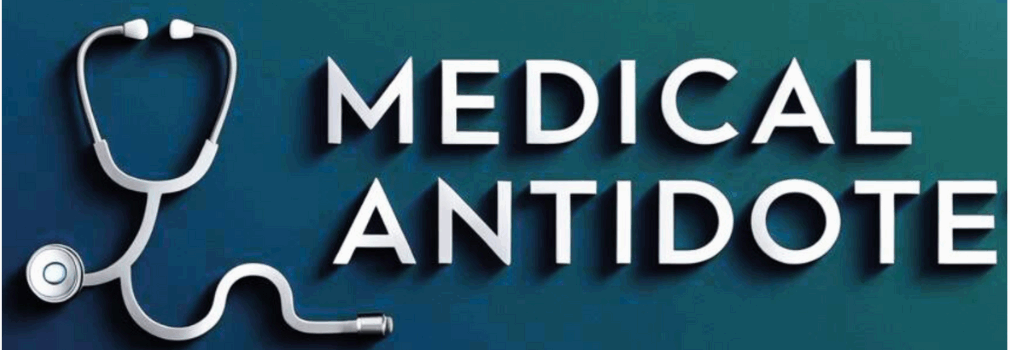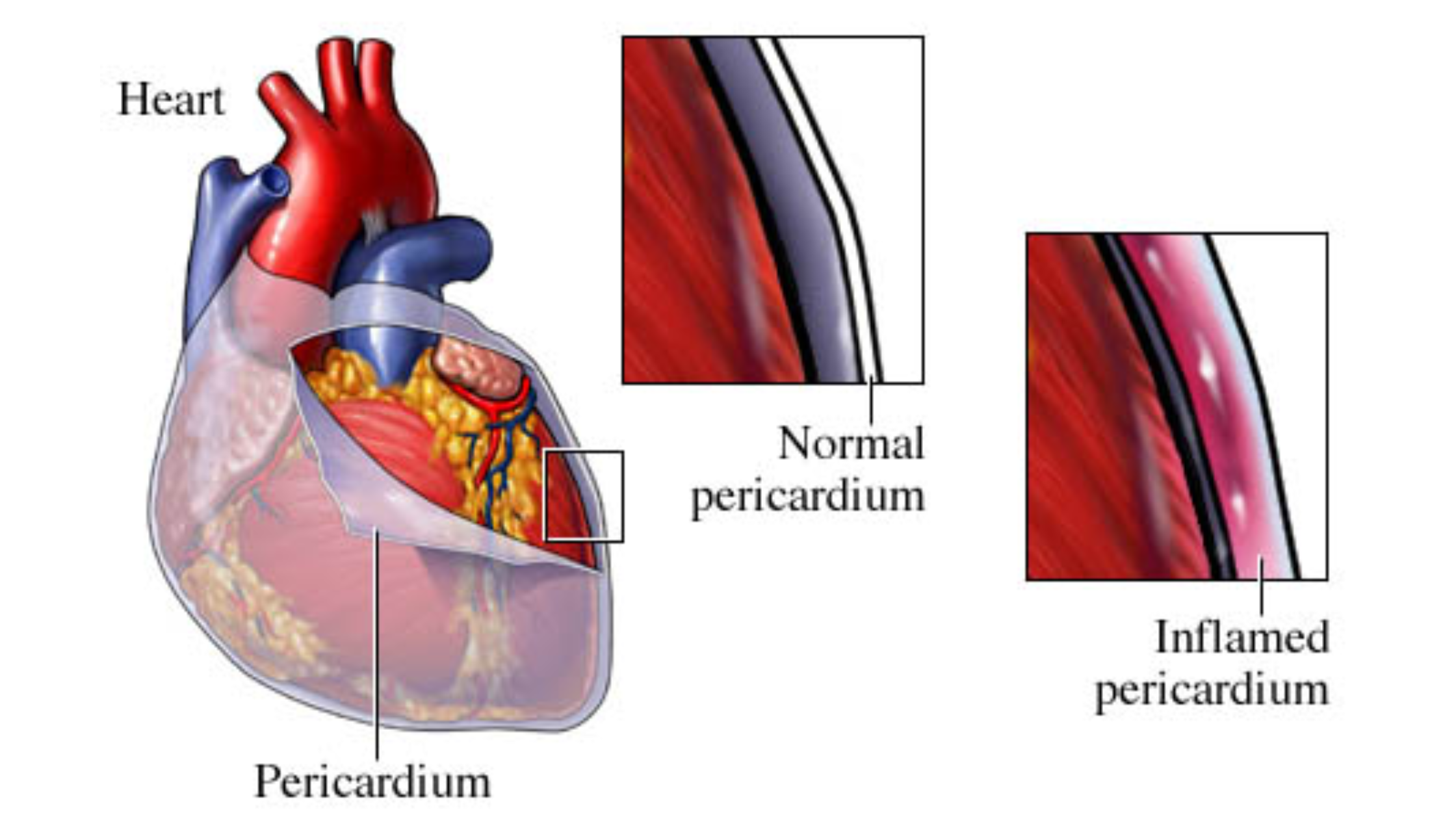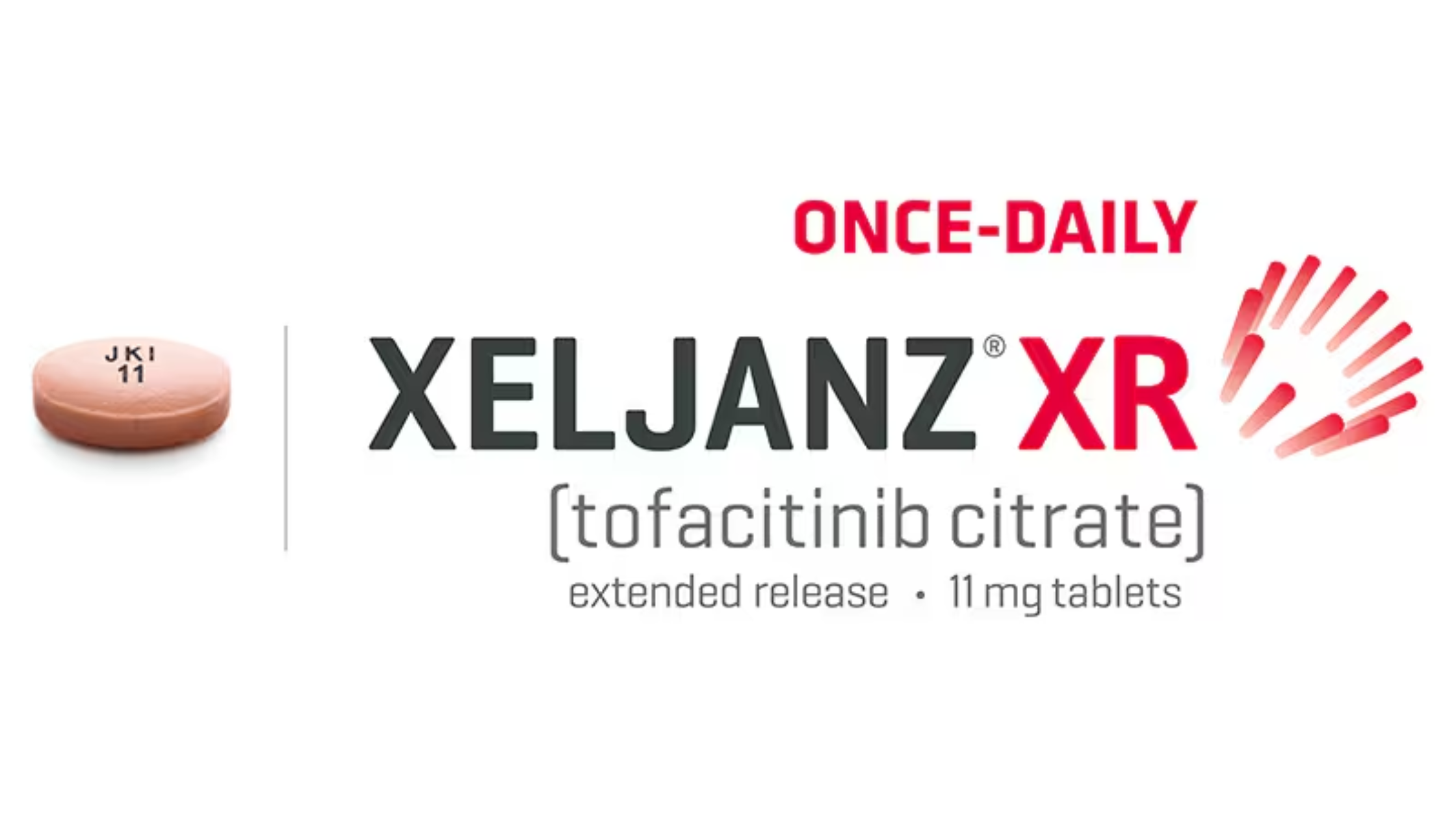Last updated on March 6th, 2025 at 07:33 am

Experiencing a tight pain in the middle of the chest can be unsettling. Whether it’s a mild discomfort or a sudden, intense sensation, chest pain often raises immediate concerns about your health. Could it be a heart problem? Is it something less severe, like indigestion or anxiety? Whatever the cause, understanding what’s happening and knowing how to respond is essential.
In this context, we’ll dive deep into the possible causes of tight chest pain, when to worry, and what steps you should take to address the issue.
What Could Cause Tight Pain in the Middle of the Chest?
Chest pain can stem from a variety of causes, ranging from mild to life-threatening. Below are the most common reasons for tightness in the middle of your chest:
1. Cardiac Causes
When you feel chest pain, your first thought might be your heart—and for good reason. The heart is a critical organ, and many serious conditions can manifest as chest discomfort. Possible cardiac causes include:
- Heart Attack (Myocardial Infarction): Often described as a crushing or squeezing pain in the chest(As described by the British Heart Foundation), a heart attack occurs when blood flow to the heart is blocked. It may radiate to the arms, jaw, back, or neck and can be accompanied by shortness of breath, nausea, or sweating.
- Angina pectoris: Chest pain due to reduced blood flow to the heart. Unlike a heart attack, angina often occurs during physical activity or stress and improves with rest.
- Pericarditis: Inflammation of the sac surrounding the heart, leading to sharp or aching chest pain that may worsen when lying down or breathing deeply.
2. Gastrointestinal Causes
Issues with your digestive system can also cause chest pain, often mistaken for heart-related problems:
- Acid Reflux or GERD: When stomach acid flows back into the esophagus, it can cause a burning sensation or tightness in the chest, often called heartburn.
- Esophageal Spasms: These painful contractions of the esophagus can mimic heart-related chest pain(Angina).
- Hiatal Hernia: When part of the stomach pushes into the chest cavity, it can cause pressure and discomfort.
3. Respiratory Causes
Problems with the lungs or airways can lead to chest tightness:
- Pulmonary Embolism: A life-threatening condition caused by a blood clot in the lungs. Symptoms include sudden chest pain, shortness of breath, and rapid heart rate.
- Pneumonia or Pleurisy: Infections or lung inflammation can cause sharp or tight chest pain, often worsened by coughing or deep breaths.
4. Musculoskeletal Causes
The chest wall—comprising muscles, bones, and cartilage—can also be a source of pain:
- Costochondritis: Inflammation of the cartilage that connects the ribs to the breastbone can cause localized chest pain(Learn more about Costochondritis Symptoms and Costochondritis Treatment options).
- Muscle Strain: Overuse or injury to chest muscles can lead to tightness and discomfort.
5. Psychological Causes
Mental health conditions can manifest as physical symptoms, including chest tightness:
- Anxiety and Panic Attacks: These can cause anxiety-related chest pain that feels similar to a heart attack, often accompanied by a rapid heartbeat, sweating, and dizziness.
6. Other Causes
- Aortic Dissection: A tear in the aorta, the body’s largest artery, can cause sudden and severe chest pain.
- Shingles: Shingles(Such as Shingles on the Chest) may be the culprit if the pain is followed by a rash on one side of the body.
When Should You Worry About Chest Pain?
Chest pain should never be ignored, but not all cases are emergencies. Pay close attention to your symptoms to determine if immediate medical attention is needed.
Red Flags That Indicate a Medical Emergency:
- Sudden, intense chest pain or pressure.
- Pain that radiates to the arms, back, neck, or jaw.
- Shortness of breath, dizziness, or fainting.
- Cold sweats, nausea, or vomiting.
- Loss of consciousness or confusion.
If you experience any of these symptoms, call emergency services immediately.
When It May Be Less Urgent
- The pain is mild and occurs after eating (may indicate acid reflux).
- It worsens with movement or touch (likely musculoskeletal).
- It’s associated with stress or anxiety and improves with relaxation.
Even if the pain isn’t severe, it’s wise to consult a doctor for persistent or unexplained symptoms.
What Should You Do If You Feel Chest Pain?
If you experience tight pain in the middle of your chest, follow these steps:
- Stop What You’re Doing: Rest in a comfortable position and avoid exerting yourself.
- Call for Help If Necessary: If the pain is severe, sudden, or accompanied by red-flag symptoms, dial emergency services immediately.
- Chew an Aspirin (If Appropriate): If you suspect a heart attack and aren’t allergic to aspirin, chewing a 325-mg aspirin can help thin your blood until medical help arrives.
- Monitor Your Symptoms: Take note of when the pain started, its intensity, and any other symptoms. This information will help your doctor diagnose the problem.
- Try Home Remedies (for Mild Pain):
- Take antacids for heartburn.
- Apply a warm compress to sore muscles (As discussed in home remedies for sore chest).
- Practice deep breathing to alleviate anxiety-induced tightness.
How Do Doctors Diagnose Chest Pain?
When you visit a doctor for chest pain, he/she will use the following tools to determine the cause:
- Medical History and Physical Exam: Questions about your symptoms and lifestyle.
- Electrocardiogram (ECG): Checks your heart’s electrical activity.
- Blood Tests for chest pain: Identify markers of heart damage or inflammation.
- Imaging Tests: Chest X-rays, CT scans, or echocardiograms may be used to assess your heart, lungs, and chest wall.
Treatment Options for Chest Pain
Treatment depends on the underlying cause:
- Heart Conditions: Medications (e.g., nitroglycerin, beta-blockers), surgery, or stents may be required.
- Gastrointestinal Issues: Antacids, dietary changes, or proton pump inhibitors can help.
- Respiratory Problems: Antibiotics for infections, blood thinners for clots, or oxygen therapy.
- Muscle Pain: Rest, over-the-counter pain relievers, and physical therapy.
- Anxiety: Counseling, relaxation techniques, or anti-anxiety medication.
How to Prevent Chest Pain in the Future
- Adopt a Heart-Healthy Lifestyle: Exercise regularly, eat a balanced diet, and avoid smoking.
- Manage Stress: Practice mindfulness, yoga, or deep breathing.
- Treat Underlying Conditions: Stay on top of chronic issues like hypertension, diabetes, or GERD.
- Stay Active: Regular physical activity strengthens your heart and muscles.
Tight pain in the middle of your chest can have various causes, from minor issues like acid reflux to serious conditions like a heart attack or pulmonary embolism. The key is to listen to your body and act quickly if symptoms worsen or raise concern.
If you’re ever unsure, err on the side of caution and seek medical advice. Your health and peace of mind are worth it.
Stay informed, stay prepared, and take care of your health with Medical Antidote.




